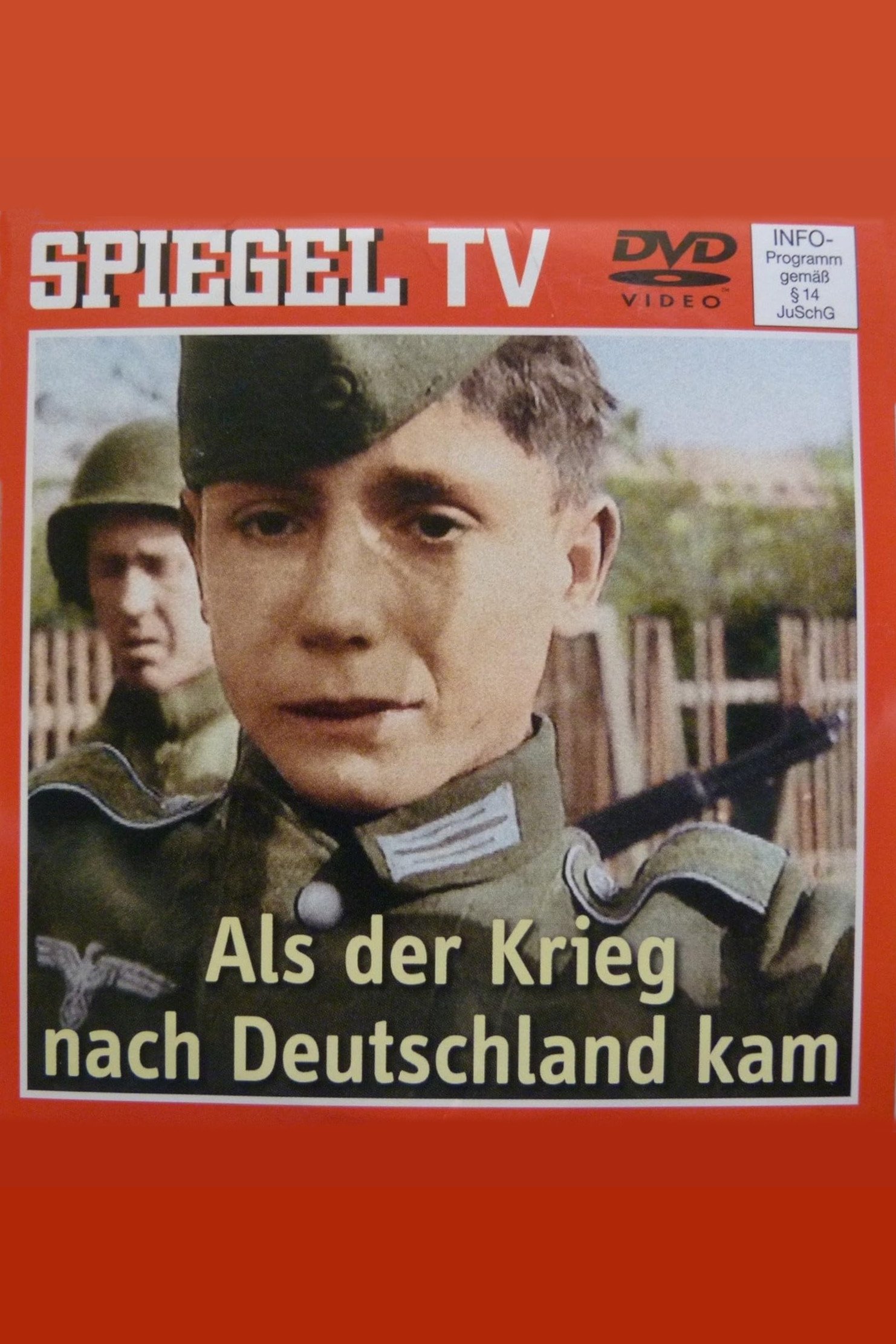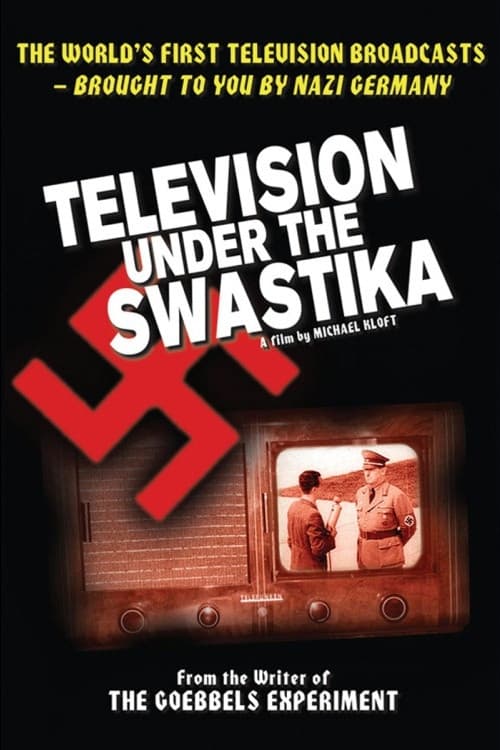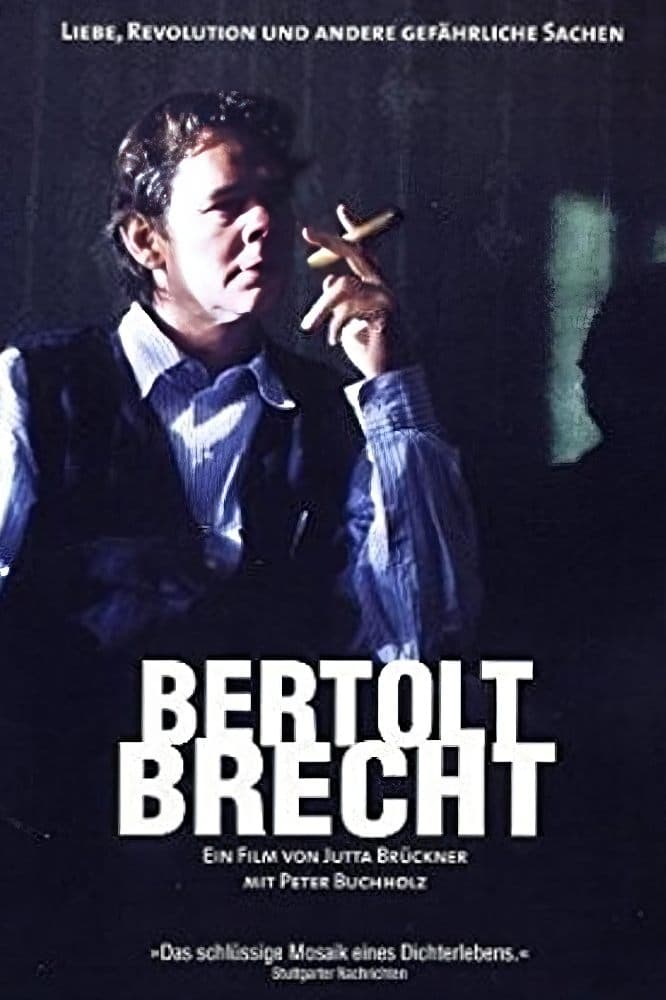

The documentary focuses on the German Wehrmacht’s invasion of Poland and the Soviet Union during World War II and its consequences for the German military. On June 22, 1941, “Operation Barbarossa” marked the start of a war of annihilation that claimed millions of lives. Hitler and his generals planned the destruction of the Soviet Union and its population. The Wehrmacht supported SS Einsatzgruppen in mass shootings and committed numerous war crimes. The anticipated quick victory failed to materialize due to a lack of reserves and alternative strategies, leading to the operation’s failure. Spiegel-TV author Nina Adler presents these events using previously unseen amateur footage from German soldiers and rare archival material from Russia. Expert interviews, including with military historian Rolf-Dieter Müller and authors Sönke Neitzel and Harald Welzer, round out the documentary and shed light on a war that forever changed the image of the Germans.

In February 1945, American troops launched a major offensive intended to bring about the end of the Third Reich. Accompanying them were two dozen cameramen from the U.S. Signal Corps, who documented the downfall of Nazi Germany on 35mm celluloid. A two-part SPIEGEL-TV documentary by Michael Kloft.

Adolf Hitler spent the last ten days of his life in a bunker underneath the Chancellery of the Reich. Unwilling to face the consequences of defeat, the dictator ended his own life on April 30, 1945 in this fortified underground complex. Featuring exclusive interviews with the last survivor’s of Hitler’s inner circle and extensive archival footage, Death in the Bunker is an illuminating look at the Führer’s final decisions in preparation for his suicide.

A history of Nazi television programming and technology, from 1935 to 1944.

Brecht′s 100th birthday is being celebrated on 10 February, 1998. A good enough opportunity to examine his life closely again. The film director Jutta Brueckner is mainly concerned here with the question of the kind of person Brecht was. We have known him until now as the brilliant author and theatre director, through his plays themselves; we also know him as the cultural flagship of the GDR along with his world-famous Berliner Ensemble.

In a satirical way, the typical television coverage after a (fictitious) state election is simulated — including projections, interviews, commentaries, and a so-called “heavyweight round”. When then, over the course of the broadcast, the voter turnout is estimated as just 3.86 percent of those eligible to vote, none of the involved believes it. But after this information turns out to be true, it is attempted to explain this scandalous, impertinent, and downright subversive behaviour of the electorate.
By browsing this website, you accept our cookies policy.